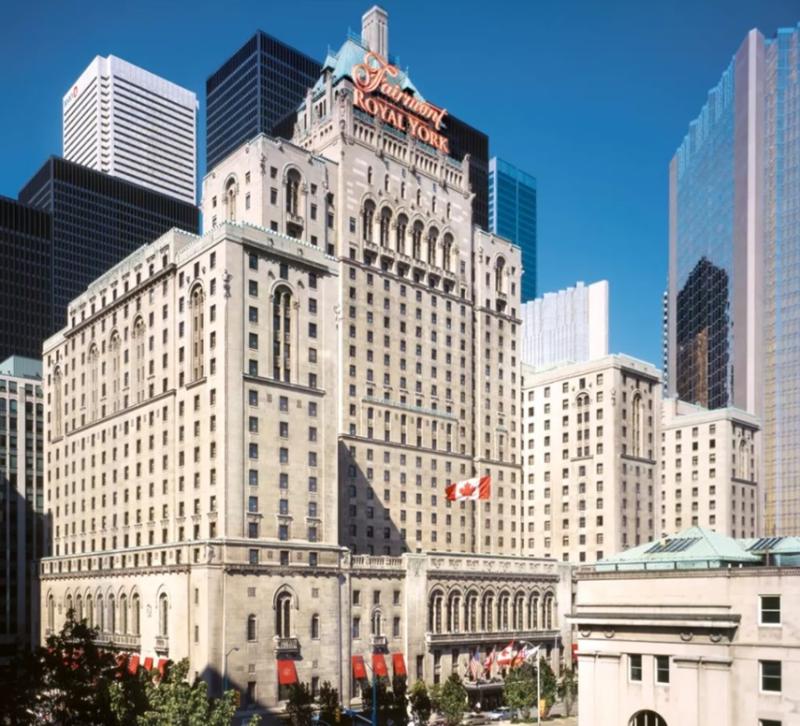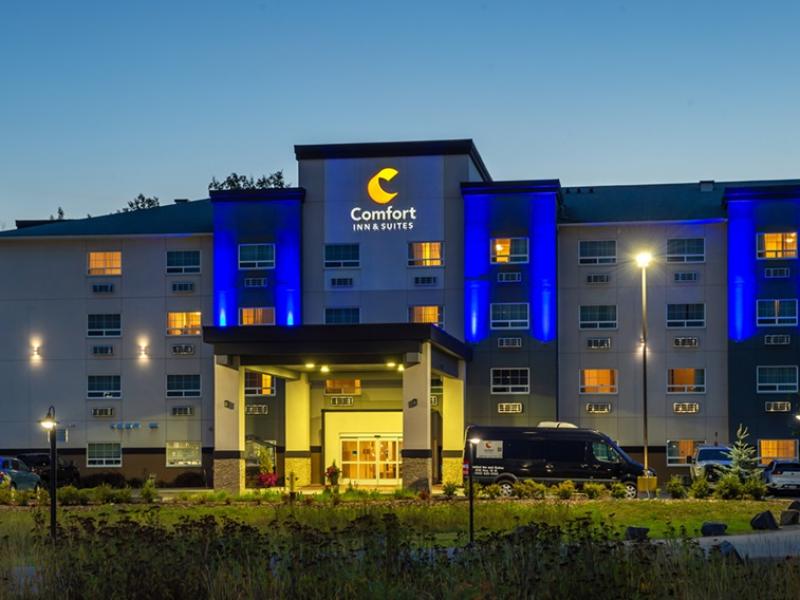
An extended run of growth and investment has made hotels a "golden child" of asset classes according to CFO Capital president Mark Kay, whose firm has become a major investor in the sector.
Revenue per available room (RevPAR) at Canadian hotels broke the $200 barrier for the first time in August, according to CoStar data, just one illustration of how the industry continues to build momentum.
“This sustained performance has spurred a wave of acquisitions, conversions, refinancing and construction,” said Kay, who is also CFO's principal broker.
Markham-headquartered CFO has provided capital to all commercial real estate sectors since 2004, raising billions of dollars for its clients. Since Kay last spoke with RENX about the Canadian hotel market in February 2024, CFO has arranged structured financing for almost 50 hotels nationwide, securing approximately $1.85 billion in debt.
“We're seeing sustainability — not significant growth but very modest growth, and that's healthy,” Kay said of RevPAR. “Modest growth is healthy right now because of the significant increase in growth since COVID.”
Hotel sector transactions
There’s been significant hotel acquisition activity across Canada — from big box buildings in urban markets to limited service properties in secondary and tertiary markets.
Colliers Hotels’ Q2 2025 INNvestment Canada report said investor confidence remains high and is fuelling robust pricing across all service segments, with the national average price per key at $192,000. That’s up 18 per cent year-over-year.
Several large-scale transactions closed in the third quarter and surpassed the second quarter volume. Based on the current pipeline, Colliers forecasts year-end transaction volume to approach $2 billion, which is in line with 2024 levels.
Kay cited a Newfoundland portfolio acquisition which CFO was involved with that included a Quality Hotel in Clarenville, a Comfort Inn in Gander and a Comfort Inn in St. John’s.
Kay said some investors that are looking to get into the hotel market, but may find major cities too expensive, are entering through these smaller locations at a lower price point and getting to know the business better before considering additional growth.
Development
The hotel debt market is liquid, with acquisitions being financed at up to a 75 per cent loan-to-value ratio and construction at up to an 80 per cent ratio.
“We currently have a multitude of hotels under construction, in addition to a healthy pipeline, with our arranged financings performing well,” Kay said.
One of these projects is the 102-guestroom The Clayfield in Niagara-on-the-Lake, Ont., which just broke ground and is part of Hyatt’s The Unbound Collection. It’s being developed and will be owned by Traditional Neighbourhood Developments Inc.
The hotel will include: 6,950 square feet of meeting and event space; 4,620 square feet of retail space; an 1,880-square-foot restaurant and bar; a business centre; a full-service spa; and a golf simulator.
A number of existing hotels are also investing in renovations, redevelopment, repositioning and rebranding, according to Kay.
Conversions

Another area of interest is office building to hotel conversions, where financing is being offered at up to an 80 per cent loan-to-value ratio.
“With many office markets facing high vacancy and rising TMI (taxes, maintenance and insurance) costs, some owners are opting to sell voluntarily — or through receivership,” Kay observed. “Anticipating this shift, CFO Capital has structured financing models to support office to hotel conversions — a growing trend among visionary hoteliers.”
An example of this is a 50-year-old, three-storey class-B office building at 6355 Viscount Rd. near Toronto Pearson International Airport where conversion is under way by JDass Corp. into a 143-guestroom Aiden by Best Western.
CFO is looking at becoming involved with more conversion projects, which Kay said can also benefit the office market because it removes existing unused or underused supply.
Refinancing
Hotel refinancing is available at up to a 75 per cent loan-to-value ratio.
“Refinancing has emerged as a major theme as stabilized hotels with strong cash flows look to unlock equity,” Kay said.
“With five-year bond rates now in the mid-four per cent to low five per cent range, owners are refinancing to fund new acquisitions and construction projects, diversify into other asset classes or even redirect equity toward personal and family needs.”
CFO was involved with the arrangement of $320 million in financing for downtown Toronto’s iconic Fairmont Royal York on behalf of a fund controlled by KingSett Capital, with investors InnVest Hotels and TD Asset Management.
Growing interest in hotels from lenders
“Every lender is trying to figure out how to get in now because there’s no capital to deploy,” Kay said of the hotel lending environment. “You can't deploy in office and you can't deploy in condominiums so people are sitting on capital and seeing this cash flow that’s doing so well, and they're figuring out how to get up to speed from a risk perspective.”
CFO has assembled a credit team to engage institutional lenders in discussions and educate them on the hotel debt market.
“As we get more institutions involved, we're getting more natural competition, so our interest rates are dropping and we're getting a little more leverage,” Kay noted.
Kay said he's confident this momentum in the Canadian hotel market will continue for the foreseeable future as new entrants and established players alike pursue opportunities.










